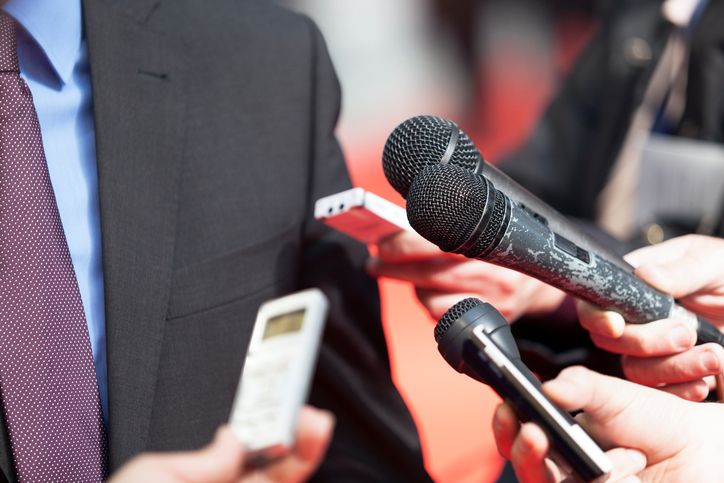Many participants on Electric Airwaves’ media training courses ask how they can ensure that they don’t get unfairly edited by a journalist and can get their soundbites broadcast or published.
Why was I misquoted?
For busy journalists in a busy newsroom, confronted with something new, a few minutes on Google can often be the totality of their knowledge before they interview you. In answering questions, use the same language as the audience and do not assume audience or journalist knowledge.
Take responsibility for presenting your information to the audience clearly and concisely so the journalist does not have to intervene or audiences process what you mean. If you assume knowledge and dive deep into the subject or use jargon, the journalist will either have to fill the gap in their knowledge with their own interpretation – and a few minutes on Google really isn’t enough! – or summarise it (meaning they will ignore all the details and nuances of your answers).
Editing
Try to avoid pre-recorded interviews especially when they are preceded by a news package you won’t have seen and will have set the audience’s mindset. You can challenge interruptions, present your case unedited and thus exercise greater control of what is aired.
Journalists are rarely being devious but especially when editing longer, pre-recorded broadcast interviews, they are trying to find a short statement that summarises your position. The solution lies in delivering a really good soundbite that encapsulates your position so that the journalist doesn’t need to edit you.
When being interviewed
Get your key point across right at the start of the interview – this is the time that the audience will be paying the most attention to you and making a judgment about you. Moreover, if the interview gets suddenly cut short (as can happen in rolling news), at least you have got your point across.
It should be no longer than 10 seconds (this is about 30 words). The best soundbites are complete ones that sound like a direct response to the issue, perhaps paraphrasing part of the journalist’s question.
Short answers sound terse or rude so remember that throughout the interview your answers should be more rounded, using examples and imagery. Your soundbite should flow naturally from the broad points you are making to avoid sounding rehearsed or contrived.
Do repeat your soundbite later in the interview although try not to use the exact same words. It reinforces that this is your summary position and flags it to the journalist as the natural edit.
Avoid starting answers with something like “Well, as I mentioned earlier”. The edit may not use an earlier answer and so they won’t use this soundbite now.
To Repeat
A meaningful soundbite is a well prepared, 10 second summary of your position that you use early in the interview, and repeat to reinforce that this is your key message.
If you want to speak to one of our journalists in order to find out more about the media or want to enquire about booking a training session, please call us on +44 (0)20 7323 2770 or email team@electricairwaves.com.

